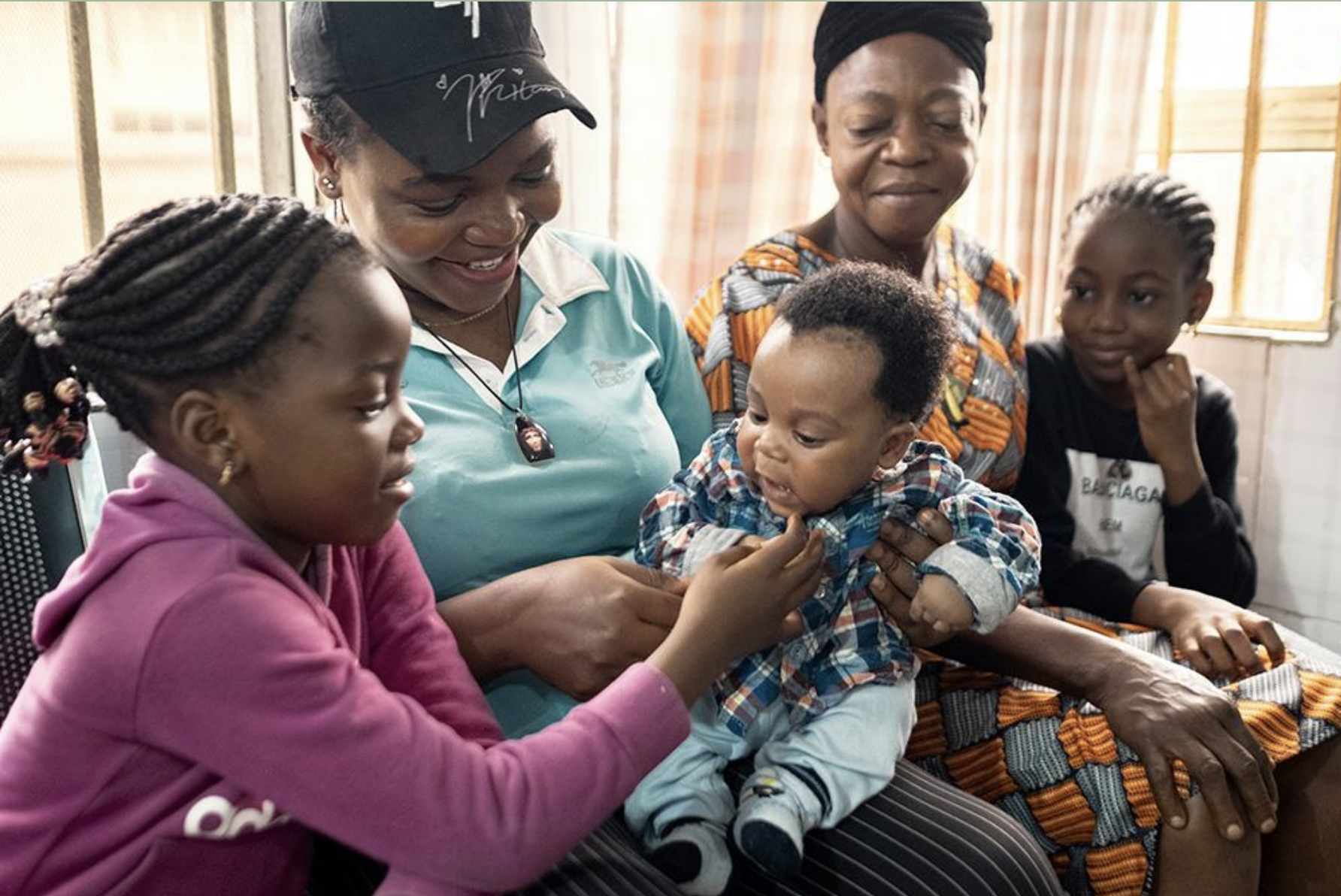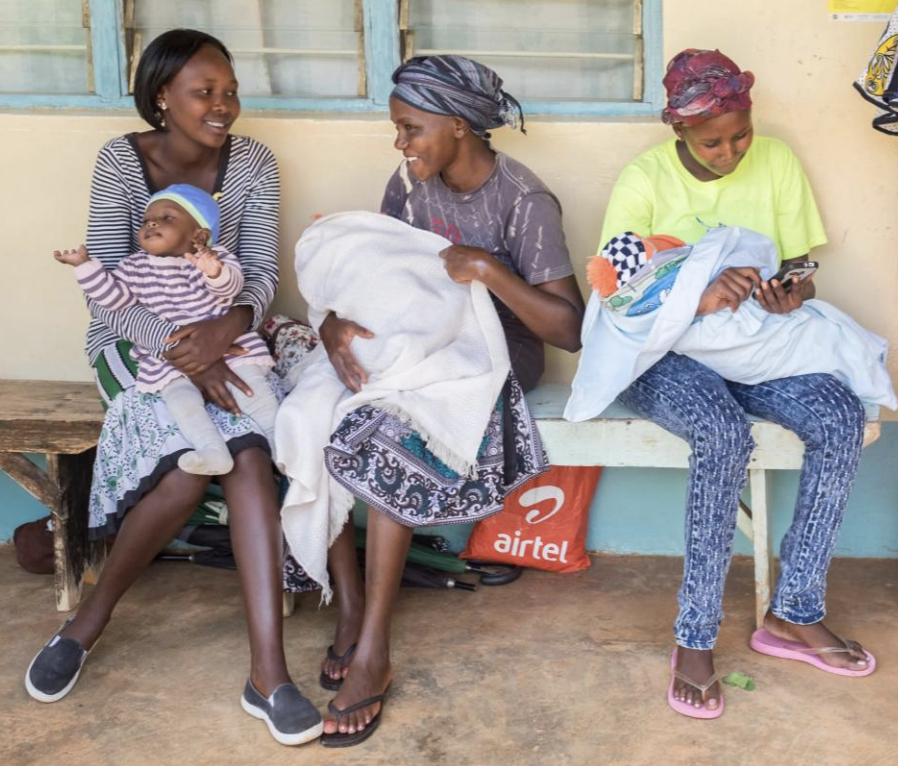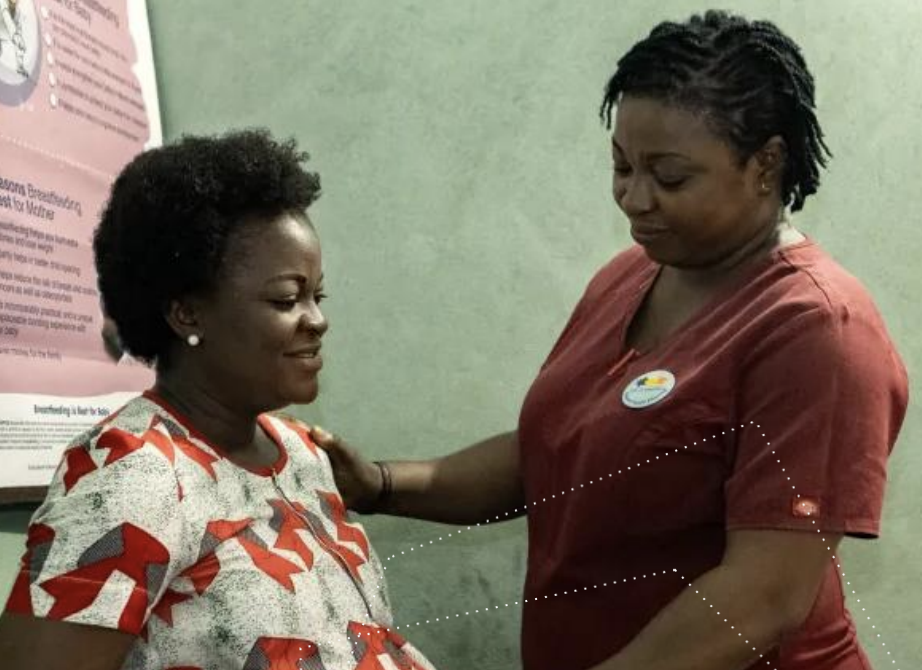
Women’s Experience Accessing Maternal Health Commodities in Kenya and Nigeria
Ensuring access to essential, quality-assured, maternal health commodities is fundamental to safeguarding maternal and neonatal health. MSD for Mothers partnered with 60 Decibels to understand women’s experience in accessing these essential maternal health commodities needed during childbirth in Kenya and Nigeria, and with a focus on awareness, availability, affordability, and challenges that women face.
Findings show that most women are required to source maternal health commodities themselves during childbirth, due to inconsistent availability and stockouts at health facilities. Improving awareness of these essential commodities, their affordability, and access to both public and private pharmacies could help ease the burden on women.
Methodology
The insights are based on interviews with ~800 recent mothers in four Kenyan counties (Nairobi, Kisumu, Bungoma, Makueni) and ~1,200 women across six Nigerian states (Bauchi, Bayelsa, Ebonyi, Kebbi, Lagos, Niger). The final sample included ~200 respondents per county/state, with a 70-30 split between those who gave birth at government vs. private facilities. Respondents were selected randomly, with additional participants referred by the initial group. Interviews were conducted in person.
The objective of this report is to generate evidence based on women’s direct experiences. This report does not include a detailed policy analysis of the existing maternal health policy landscape across the two countries, and recommendations in this report have been based on the data collected from the women. While evidence for Kenya and Nigeria is presented together, the differences in health policies and historical contexts between the two countries are acknowledged, and the insights are not meant for direct comparison.
Women’s Experience in Kenya
Key Insights
-
3 in 4 women report that they are asked to procure essential maternal health commodities across public and private facilities
9 in 10 women report being given a prescription for these essential maternal health commodities. In terms of the instructions they receive, 3 in 4 report women do not have proper guidance regarding proper storage of commodities, understanding potential side effects, and verifying quality or authenticity of commodities.
-
Women are more likely to purchase essential commodities from private institutions than public health facilities
85% of women buy essential commodities at private pharmacies or private health facilities and the rest (15%) purchase them at public health facilities. Interestingly, preference is influenced by factors such as convenience of location and the cleanliness & maintenance of private pharmacies, as indicated by qualitative data.
-
9 in 10 women pay out-of-pocket to purchase their maternal health commodities, and most dip into their savings to do so
Only 8% of women report being covered by insurance to pay for maternal health commodities. Most women (7 in 10) use their savings to purchase essential commodities, and a few (2 in 10) mention borrowing money from friends or family. 1 in 3 report that essential commodities are ‘somewhat’ or ‘very expensive’.
-
1 in 5 women report challenges in acquiring maternal health commodities
For women who report challenges, top challenges include high costs and unavailability of commodities. When it comes to conditions at pharmacies, most women report good conditions at both public and private pharmacies: 9 in 10 women report that public and private pharmacies have ‘good infrastructure’ and 3 in 4 say pharmacies have the ‘proper equipment’ for storing essential commodities.
-
Women in Kisumu are more likely to experience difficulties acquiring maternal health commodities
Compared to other counties, a larger proportion of women in Kisumu report that pharmacies are far away and that commodities are expensive. They are also more likely to report challenges, when compared to other counties. These challenges are similar to other counties – high costs and unavailability of commodities. Additionally, fewer women report being covered by insurance in Kisumu.
-
Surprisingly, there were no significant differences in experience acquiring maternal health commodities based on where women gave birth
Overall, there was no significant difference between women who gave birth in public and private facilities with access to, and affordability of essential commodities. Similarly, there were no significant differences between women in urban and rural areas.
94%
20%
32%

Women’s Experience in Nigeria
Key Insights
-
9 in 10 women report that they are asked to procure essential maternal health commodities across public and private facilities
9 in 10 women report being given a prescription for these essential maternal health commodities. In terms of the instructions they receive, 4 in 5 report women do not have proper guidance regarding proper storage of commodities, understanding potential side effects, and verifying quality or authenticity of commodities.
-
1 in 2 women purchase essential maternal health commodities at private institutions
Across Nigeria, women are more likely to purchase essential commodities from private institutions. 55% of women buy essential commodities at private pharmacies or private health facilities, and the rest (45%) purchase them at public health facilities. Regarding accessibility of pharmacies, 23% say private pharmacies are not easily accessible with the pharmacy being ‘somewhat or very far’ for them.
-
9 in 10 women pay out-of-pocket to purchase their maternal health commodities, and most dip into their savings to do so
Only 6% of women report being covered by insurance to pay for maternal health commodities. Most women (7 in 10) mention using their savings to purchase essential commodities, and a few (2 in 10) mention borrowing money from friends or family. 1 in 3 report that essential commodities are ‘somewhat’ or ‘very expensive.’
-
1 in 5 women report challenges in acquiring maternal health commodities
For women who report challenges, top challenges include high costs and unavailability of commodities. When it comes to conditions at pharmacies: 9 in 10 women report that public and private pharmacies have ‘good infrastructure’, with 4 in 10 reporting it is ‘very good’; 4 in 5 say pharmacies have the ‘proper equipment for storing essential commodities’ (refrigerators, power supply); 4 in 5 women say commodities they received were sealed and unopened.
-
Women in Ebonyi are more likely to experience difficulties acquiring maternal health commodities
Compared to other counties, a larger proportion of women in Ebonyi report that pharmacies are far away, with 33% reporting that they are ‘somewhat or very far’. Close to half (47%) women also find the commodities to be expensive. Women in Ebonyi are also more likely to report challenges, when compared to other counties. These challenges are similar to other counties – high costs and unavailability of commodities.
-
Surprisingly, there were no significant differences in experience acquiring maternal health commodities based on where women gave birth
Overall, there was no significant difference between women who gave birth in public and private facilities with access to, and affordability of essential commodities. Similarly, there were no significant differences between women in urban and rural areas.
86%
16%
30%
